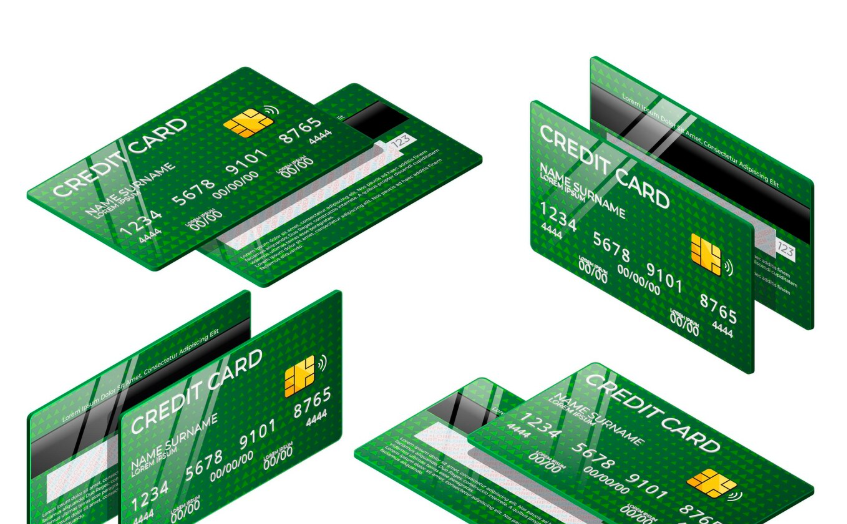Getting your first credit card is an important financial milestone. It provides a way to build your credit score, access funds for emergencies, and enjoy benefits like rewards or cashback. However, first-time users in the UK should be cautious and informed to avoid pitfalls. This guide outlines what you need to know before applying for your first credit card.
1. Why Get a Credit Card as a First-Time User?
Building Credit History
A credit card helps establish your credit history, which is essential for future financial applications, such as mortgages or loans.
Financial Flexibility
Credit cards offer a convenient way to manage short-term expenses, provided you pay off your balance in full each month.
Rewards and Perks
Some cards offer benefits like cashback, loyalty points, or discounts on purchases.
2. Choosing the Right Card for Beginners
First-time users should prioritize credit cards designed for those with limited or no credit history. These cards typically have lower credit limits and higher interest rates but are easier to qualify for.
Key Features to Look For
- No Annual Fee: Opt for a card that doesn’t charge an annual fee to keep costs low.
- Low Credit Limits: A modest limit helps you manage your spending responsibly.
- Credit-Building Features: Look for cards that report to credit bureaus to help you build a credit score.
- Clear Terms: Choose a card with transparent terms and conditions to avoid unexpected fees.
3. Best Credit Cards for First-Time Users in the UK
Here are some popular credit cards for beginners:
Barclaycard Forward Credit Card
- Interest Rate: 34.9% APR (variable)
- Features: Offers a manageable credit limit and reduces interest rates if you make payments on time.
- Pros: Rewards responsible spending and payments.
Capital One Classic Credit Card
- Interest Rate: 34.9% APR (variable)
- Features: Easy approval for first-time users with no credit history.
- Pros: Helps build credit while offering text reminders for payments.
Aqua Classic Credit Card
- Interest Rate: 37.9% APR (variable)
- Features: Designed specifically for credit building with manageable limits.
- Pros: No annual fee and a focus on responsible borrowing.
4. How to Use Your First Credit Card Wisely
Make Timely Payments
Always pay at least the minimum amount due on time to avoid late fees and damage to your credit score.
Avoid Carrying a Balance
If possible, pay off your balance in full each month to avoid high interest charges.
Monitor Your Spending
Track your expenses to ensure you stay within your budget and avoid overspending.
Keep Your Credit Utilization Low
Use only a small portion of your credit limit—preferably below 30%—to improve your credit score.
5. Common Mistakes to Avoid
Overspending
It’s easy to fall into the trap of spending beyond your means with a credit card. Stick to a budget.
Missing Payments
Late payments can lead to penalties and negatively impact your credit score.
Ignoring the Terms
Be aware of fees, interest rates, and the fine print to avoid unexpected costs.
6. Understanding Your Credit Score
Your credit score is a key factor that determines your eligibility for loans and better credit cards in the future. In the UK, the three main credit reference agencies are:
- Experian
- Equifax
- TransUnion
Regularly check your credit report to ensure accuracy and track your progress.
7. How to Apply for Your First Credit Card
- Check Your Eligibility: Use online eligibility tools to gauge your chances of approval without affecting your credit score.
- Gather Documentation: Have proof of income, ID, and your bank details ready.
- Apply Responsibly: Avoid applying for multiple cards at once, as this can harm your credit score.
Conclusion
A credit card can be a powerful financial tool for first-time users in the UK when used responsibly. Focus on finding a beginner-friendly card with features that support your goals, such as credit building and manageable terms. By making timely payments, keeping your credit utilization low, and staying informed, you’ll set yourself up for a strong financial future.


